Curriculum Design
Resources to help your students excel.
This section offers comprehensive resources on course design, providing educators with tools and strategies to create effective, student-centered courses. Whether you’re designing a new course, refining learning outcomes, or ensuring equity and inclusion, these resources guide you through the essential elements of course planning. Explore innovative approaches to course design, adaptable strategies for maintaining continuity, and tools like the Instructional Activity Estimator to enhance your course structure. With a focus on alignment, engagement, and inclusivity, these resources help you craft courses that meet diverse student needs and learning goals.
Essential Tools & Support
Course Design Overview
| This resource provides valuable advice for teaching a new course, emphasizing the use of the constructive alignment method, which focuses on learning outcomes, assessments, teaching activities, and content. It ensures that teaching methods and assessments align with learning goals while considering student needs and engaging them through diverse activities and practical advice. | |
| Resource: | Source: |
| Course Design Overview 1 | Carleton University Teaching and Learning Services |
| Course Design Overview 2 | Carnegie Mellon University Teaching Excellence and Educational Innovation |
| Course Design Overview 3 | University of Waterloo Center for Teaching Excellence |
Course Design Tutorial
| This resource is designed to help you articulate course goals, build and assess courses, explore student engagement techniques, and develop innovative course plans. Using the tutorial provides a structured approach to course design, with links to activities, goals, and syllabi. |
|
| Resource: | Source: |
| Tutotrial | Science Education Resource Center at Carleton College |
Course Design Equity and Inclusion Rubric
| This resource is a Course Design Equity and Inclusion Rubric aimed at evaluating how content, community, instructor presence, assessments, and in-class policies foster equity and inclusion. | |
| Resource: | Source: |
| Rubric | Standford University Department of Bioengineering |
Designing Learning Outcomes
| This resource on learning outcomes provides guidance for constructing effective learning outcomes for courses. Learning outcomes describe the knowledge, skills, and attitudes students are expected to develop, typically summarized in 3-4 overarching statements per lesson. They serve as central components of weekly planning and overall course design, ensuring that lessons and activities are aligned to help students develop specific skills or bodies of knowledge. | |
| Resource: | Source: |
| Learning Outcomes 1 | Carleton University Teaching and Learning Services |
| Learning Outcomes 2 | Queen’s University Centre for Teaching and Learning |
| Learning Outcomes 3 | Cornell University Center for Teaching Innovation |
Adaptable Course Design
| This resource outlines strategies for maintaining teaching and learning continuity during times of uncertainty by leveraging adaptable course design and technology. The module includes three lessons, individual workshops, and additional resources to help plan for disruptions, maintain instructional continuity, and ensure smooth transitions between learning environments. | |
| Resource: | Source: |
| Adaptable Course Design | University of Calgary Taylor Institute for Teaching and Learning |
Hours of Instructional Activity Stimulator
| This resource introduces the Hours of Instructional Activity Estimator, a web app designed to help faculty and instructional designers estimate the time students spend on various learning activities in face-to-face, online and hybrid courses. | |
| Resource: | Source: |
| App | Pennsylvania State University |
| Tips to Help Use the App | Pennsylvania State University |
Guiding Principles of Effective Blended and Online Course Design
| This document introduces the Guiding Principles of Effective Blended and Online Course Design, emphasizing student-centered learning, engagement, alignment, inclusivity, equity, accessibility, flexibility, and integrity. Developed by the Taylor Institute for Teaching and Learning, it provides practical strategies and examples for designing quality online learning experiences, emphasizing adaptability to local contexts and diverse student needs. |
|
| Resource: | Source: |
| Guiding Principles | University of Calgary Taylor Institute for Teaching and Learning |
Innovative Approaches to Course Design
| This resource summarizes three innovative course designs—backward, inclusive, and learner-centered—that enhance student engagement and learning in blended, face-to-face, or online courses. It aims to support students in achieving course learner outcomes by motivating them, promoting interaction, and assessing their learning effectively. | |
| Resource: | Source: |
| Innovative Approaches | University of Calgary Taylor Institute for Teaching and Learning |
